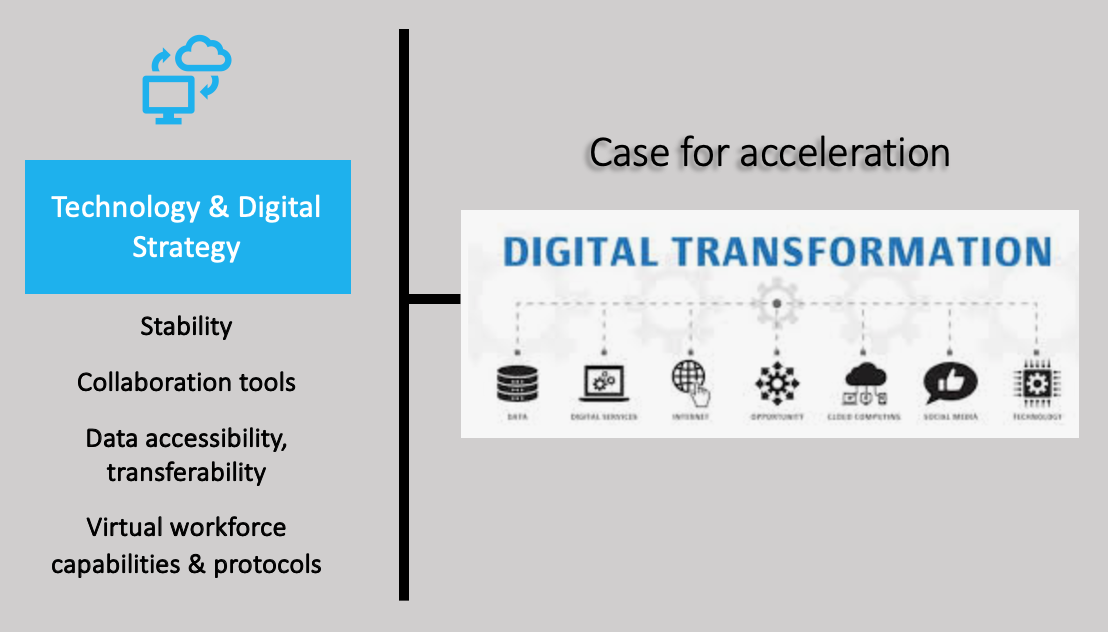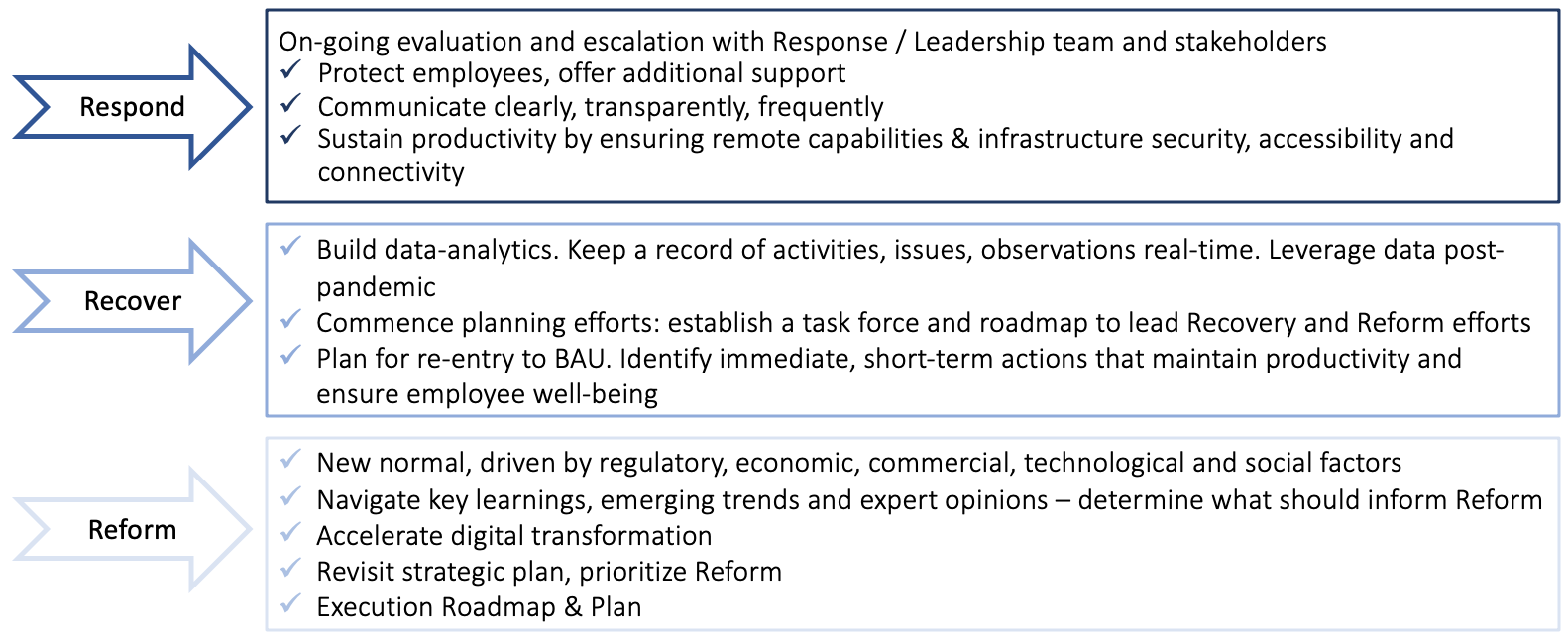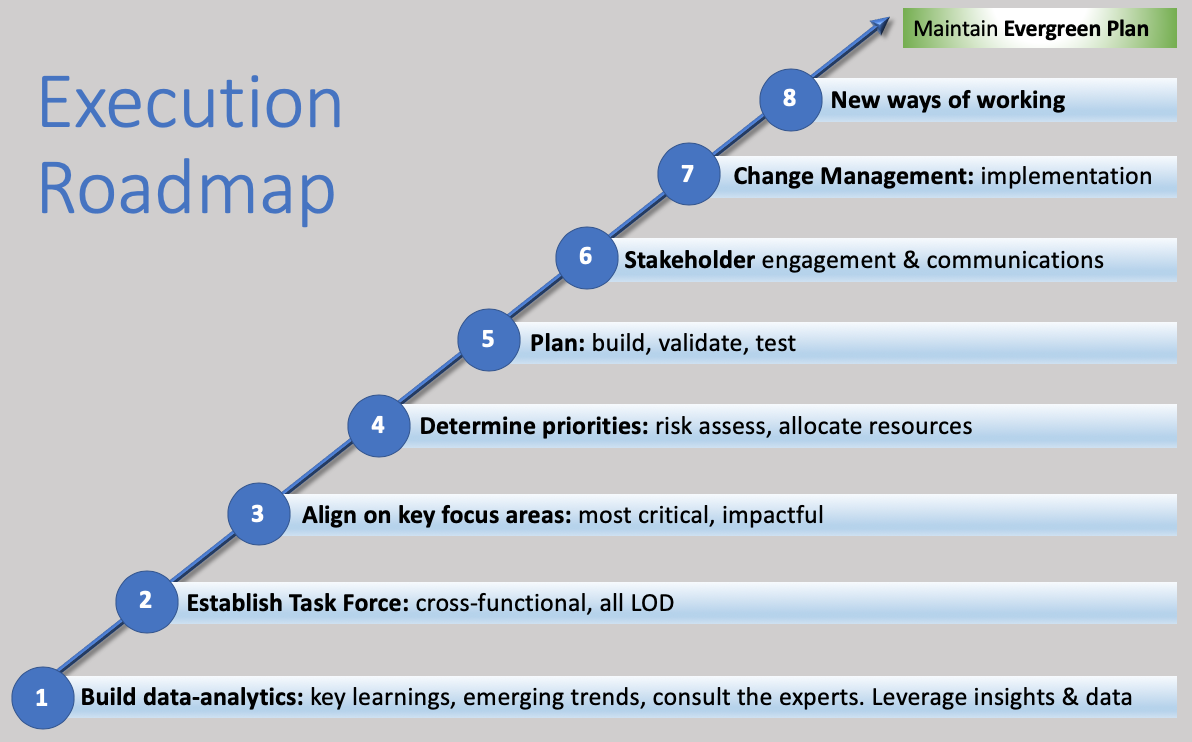Navigating the impact of the COVID-19 pandemic crisis continues to be an unprecedented business continuity challenge for which no playbook exists. Whilst historically organizations have experienced and dealt with a multitude of crises, such as financial, natural or technological, a human-centric crisis, as we are facing with COVID-19 is foreign to much of today's workforce. The COVID-19 crisis is having significant social and commercial implications, testing leaders' ability to make quick decisions and problem solve under unfamiliar and constantly shifting conditions.
A human-centric crisis requires a human-centered approach and response plan, including; identifying stakeholders, understanding their needs and goals, and establishing a response plan. For many organizations, the stakeholder population is diverse (employees, clients and customers, partners and vendors, community and government), requiring a response plan that considers both the unique and common needs of each group.
The implications of the COVID-19 pandemic crisis continues to evolve, and organizations are learning real-time the extent and gravity of impact and how to respond. Illustrated below are select impacts - economic, social, corporate and personal - common to many organizations and trending in pandemic literature. The scope and nature of impact will differ by organization, influenced by internal and external factors such as industry, scale, maturity, operations, regulatory, risk appetite, culture and workforce structure.

Although there is a great deal of uncertainty about what the future will look like, what is predictable is the reliance on technology and digitial capabilities. For some organizations this may mean an acceleration of an organization's tech and digital transformation. Pre COVID-19 such transformation may not have been a high priority however post COVID-19 tech and digital transformation will likely rise to the top of many strategic agendas.



